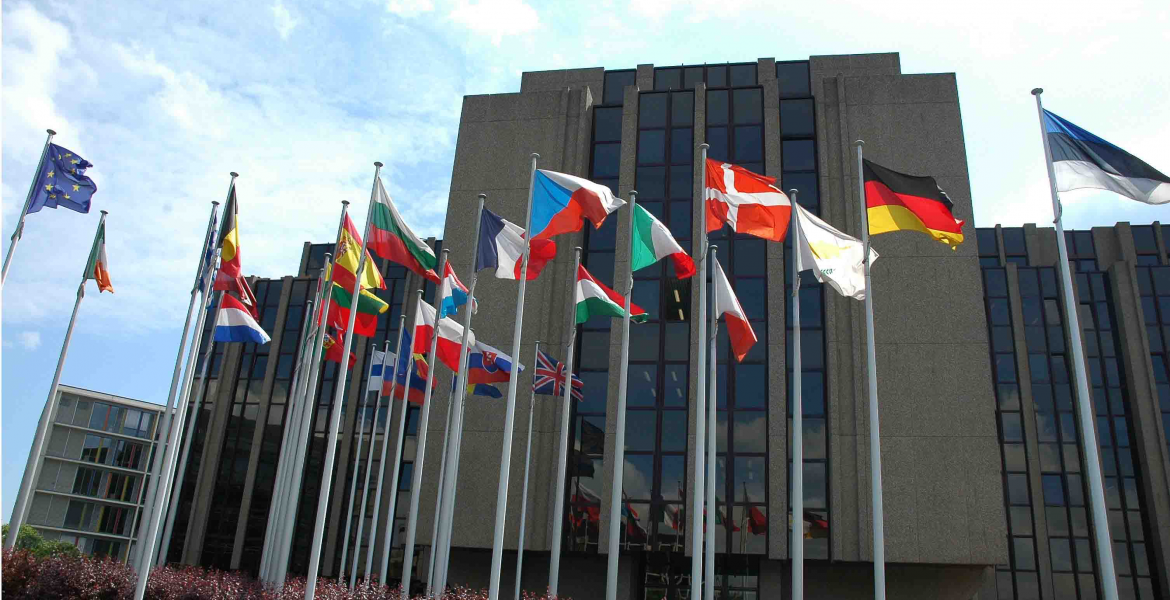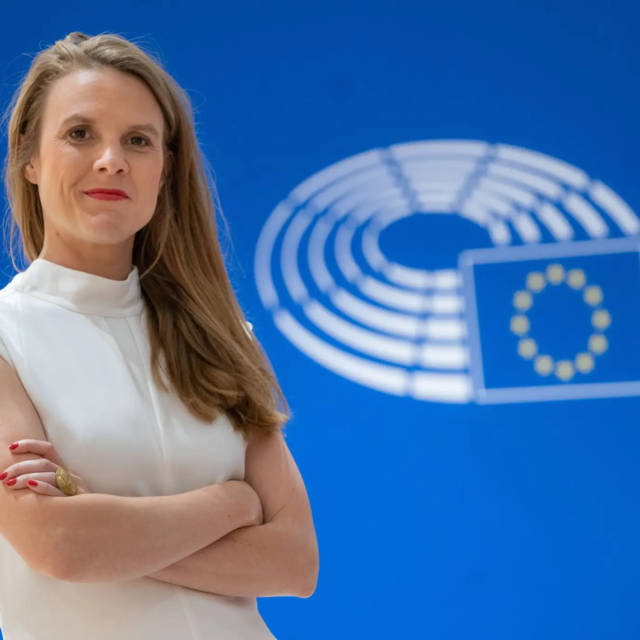Ukraine is one of the largest and most prominent countries bordering the EU and, as such, one of the main beneficiaries of the EU neighbourhood policy.
With prevailing corruption threatening the country’s economic growth and social development, the European Court of Auditors will assess the effectiveness of EU action to tackle grand corruption in Ukraine.
Ukraine has been part of the European Neighbourhood Policy since 2003 and finally signed an association agreement six years ago following the “Maidan revolution”. Overall, the European Commission has committed about €15 billion since 2014, making it the largest donor to Ukraine. The EU’s main objective is to support the country’s reform agenda on the path towards economic integration and closer political association. The fight against corruption is a key element in achieving these things.
Ukraine is characterised by a low level of compliance with the rule of law and a very high level of corruption. These are widely listed among its major problems, together with poverty and war. Transparency International’s 2019 corruption perception index ranks Ukraine 120th out of 180 countries. Even more worrying is that Ukraine suffers from grand corruption and the influence of an oligarchy, which severely hinder its economic development. The stranglehold of country’s oligarchy extends to the judiciary and government, hampering any democratic development.

“Grand corruption and state capture remain pervasive and systemic in Ukraine and no real change can take place without tackling them in depth”, said Juhan Parts, the Member of the European Court of Auditors responsible for the audit. “Ukraine being one of our major neighbouring partner countries, our audit will evaluate in particular the efficiency and outcomes of EU support and measures.”
The EU-Ukraine association agreement considers both rule of law and the fight against corruption to be key priorities in supporting the country’s democratic, economic and social development. In addition, the EU has laid down conditions on its macro-financial assistance and budget support programmes, as well as on the visa liberalisation regime, requiring measures to prevent and combat corruption.
The auditors will examine closely whether EU support for Ukraine has been effective at fighting grand corruption. In particular, they will examine whether:
o the European Commission has designed appropriate measures;
o EU support has delivered the expected results in combatting grand corruption.
Transparency International defines grand corruption as “the abuse of high-level power that benefits the few at the expense of the many, and causes serious and widespread harm to individuals and society”.
Rule of law requires a system of certain and foreseeable law, where everyone has the right to be treated by all decision-makers in a dignified, equal and rational manner, in accordance with the law, and to have the opportunity to challenge decisions before independent and impartial courts through fair procedures. As one of the EU’s founding values, it is a guiding principle in its foreign policy.
The audit preview published today provides information about an ongoing audit task on EU support for the fight against grand corruption in Ukraine. The audit is due to be completed by mid-2021. Audit previews are based on preparatory work undertaken before the start of an audit and should not be regarded as audit observations, conclusions or recommendations.




